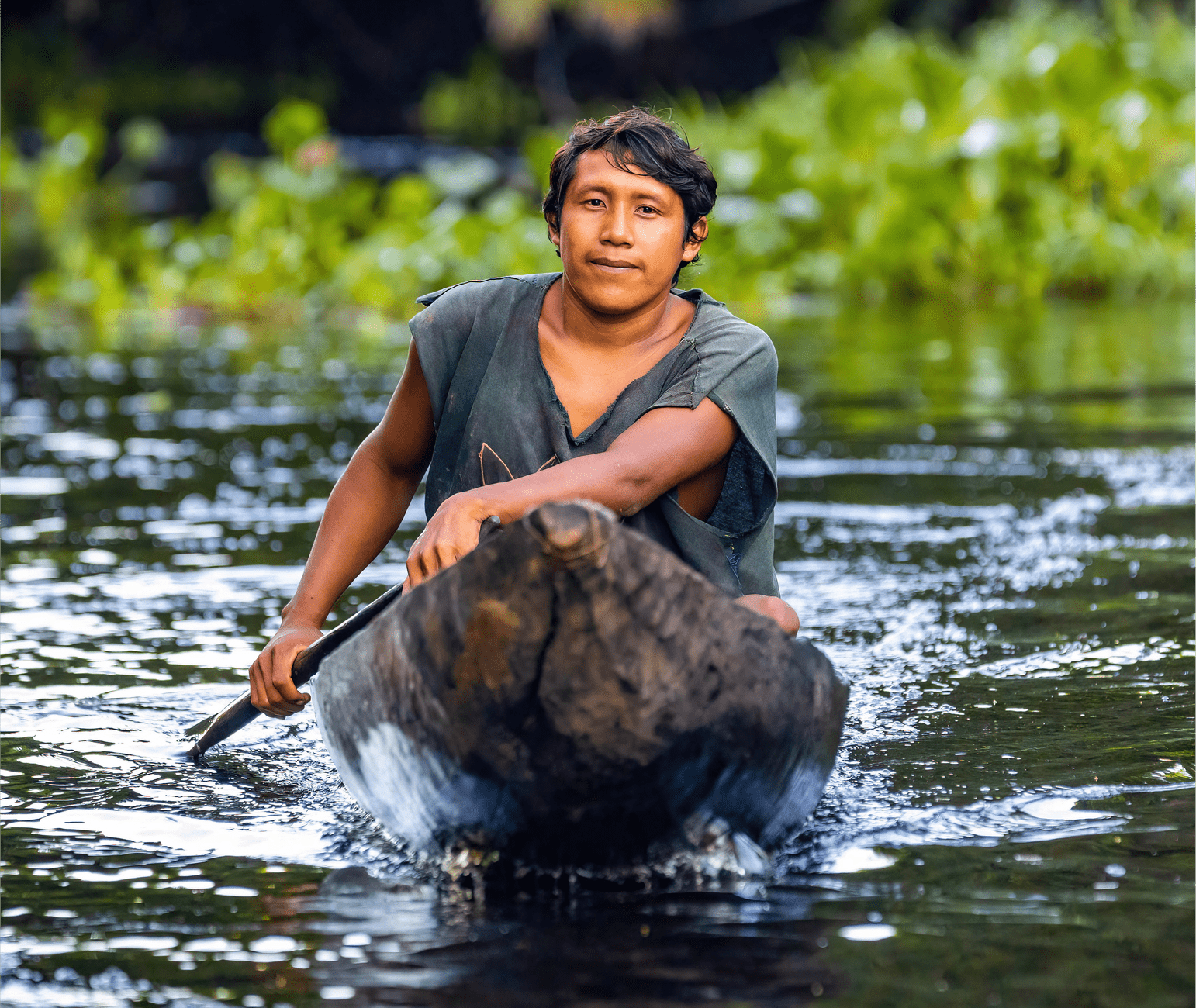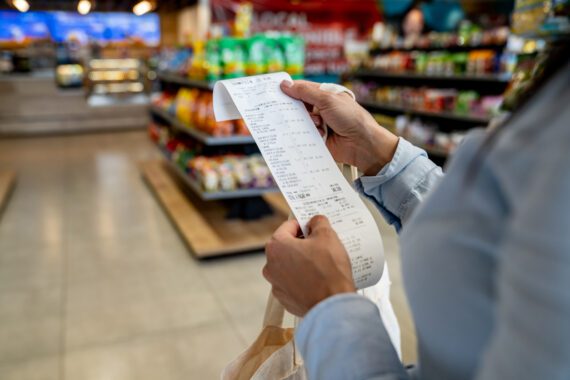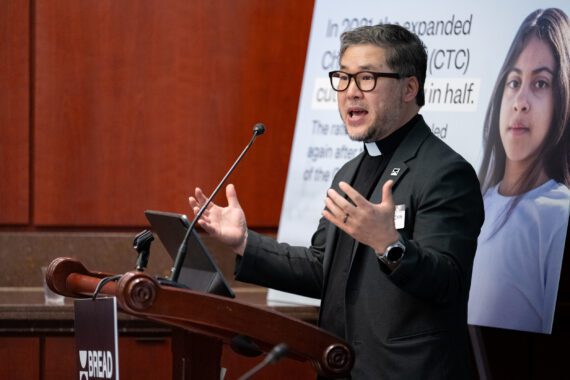By Richa Bakhshi
The people of Venezuela, despite their country’s significant oil resources, are now struggling through a second decade of economic and humanitarian crisis. A drastic drop in oil prices and oil production caused the economy to shrink by an estimated 75 percent in just seven years, between 2014 and 2021.
In the 1920s, when oil was discovered in Venezuela, it was heralded as the “black gold” that would supply a pipeline to economic prosperity. But in the century since, Venezuela has confronted a myriad of difficulties: corruption, authoritarian government, economic downturns, hyperinflation, civil unrest, and later climate change and the COVID-19 pandemic. Oil exports dominated the economy, leading to acute vulnerability to changes in the energy market and dependence on food imports.
In 2014, the main government policy response to the contraction of the oil economy was to print more money. The resulting hyperinflation made food and health care increasingly unaffordable, while unemployment and debt soared. During the peak of the hyperinflation crisis of 2018, inflation reached 63,000 percent. For 2025, the inflation rate is projected to be about 150 percent.
The continuing economic crisis has severely damaged the nation’s food security. Venezuela struggles to meet its nutritional needs with a non-diversified economy heavily reliant on imports. Before the COVID-19 pandemic, the World Food Programme found that more than 9 million people, about 32 percent of Venezuela’s population, faced food insecurity.
As many members of Bread for the World are aware, babies and toddlers are more vulnerable to hunger and malnutrition. In 2019, Bread called attention to the grim toll of the economic crisis on children. For example, the data showed a 30 percent increase in infant mortality—deaths among children before their first birthday—in 2016 over the previous year.
Climate change is an increasing factor in worsening food security and driving people to leave Venezuela. Severe and prolonged drought and soaring temperatures have led to a sharp decline in rainfall and depleted water levels in critical hydroelectric installations like the Guri Dam. This has disrupted agricultural production and triggered rolling blackouts and water rationing, compounding the country’s economic woes. Venezuela’s dependency on oil exacerbates its vulnerability to climate change.
The desperate economic circumstances, aggravated by the impacts of the COVID-19 pandemic, caused a surge in extreme poverty and violent crime. Armed groups such as the “sindicatos” and “pranes” wield significant power in resource-rich areas of the country, often supported by local elites.
In April 2024, the UN Refugees Agency (UNHCR) identified the main drivers of emigration as widespread crime, inflation, and shortages of food, medicine, and essential services. Since 2014, an estimated 7.7 million people have fled their homeland–one of the world’s largest migrations. About 6.5 million of them migrated within the Latin America/Caribbean region.
Migration has touched the lives of almost everyone over the past decade. Caracas resident Iraida Piñero, interviewed in March 2023, said she misses her daughter and grandchildren, who moved to Colombia several years ago. Her job as a housekeeper in a public hospital pays only about $5 a month plus some bonuses—not enough to buy even a day’s worth of food for a family of four. She gets by largely on money sent by her daughter, who has a small business. Piñero said that people without the help of such “remittances,” as money sent home by family members is called, struggle to afford necessities.
Venezuela has traditionally been a generous host to refugees from other countries, but it needs the support of other nations now. A significant piece of good news came in February 2021, when the government of Colombia created the Temporary Protection Status (TPS), which grants a 10-year period of “protected status” to all Venezuelans in the country—estimated to number nearly 3 million people. Protected status allows people access to identification documents, formal sector employment, essential services, health care, and more.
The creation of TPS was a first in the history of the region. It is a life-changing opportunity for undocumented people, strengthens Colombia’s economy, and, by enabling Venezuelan immigrants to earn more money for remittances, helps support people struggling in the economic crisis back home.
The UN High Commissioner for Refugees, Filippo Grandi, described Colombia’s decision as a “bold humanitarian gesture” that “serves as an example to the world.”
Richa Bakhshi is an international hunger intern, Policy and Research Institute, with Bread for the World.



